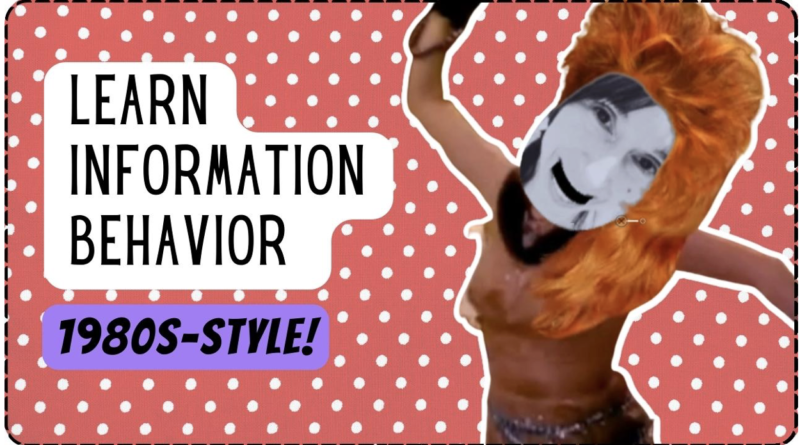The Embodied Cognition and Experience Measurement Commons: Transforming Human Information Behavior Research
Wuhan University has led the way in designing and developing a transformative research facility, the Embodied Cognition and Experience Measurement Commons (ECEMC). It integrates state-of-the-art digital technologies to redefine experimental paradigms of information behavior research. The physical space of the ECEMC comprises three functional areas, each powered by distinct technological frameworks.
Read More













